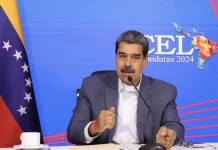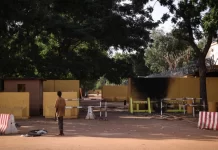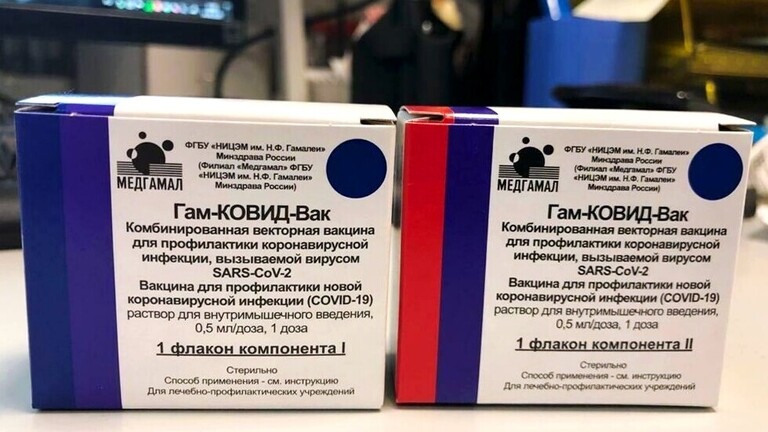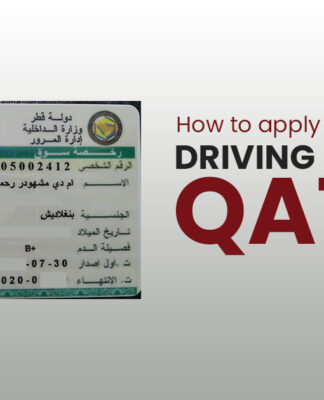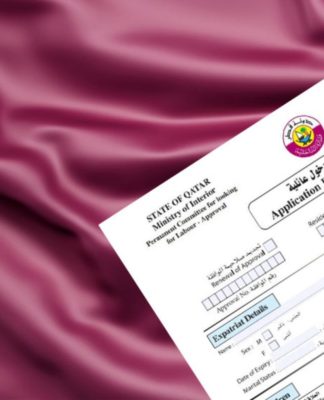After Russia led the global feverish race to produce the first vaccine against the Coronavirus when it announced it on August 11, Russian scientists published the first report on the results of the vaccine and said that it showed an immune response to those who injected it.
The report, published in the Lancet Medical Journal, stated that all participants in early-stage trials who took the Russian “Sputnik-5” vaccine for Covid-19 developed antibodies to the virus without experiencing serious side effects, according to the British BBC website.
The journal indicated that two vaccine trials took place between June and July, and that “the two trials, which lasted 42 days, included 38 healthy adults, between the ages of 18 and 60 years, who were given a dose of the vaccine, followed by another dose three weeks later, no side effects appeared. Among the participants, however, head pain and joint pain were the most prominent side effects that appeared to the participants. “The two experiments also showed that the candidate vaccine stimulates the response by creating antibodies.
The journal added, “There is a need for large-scale, long-term trials that include comparison with placebo and more monitoring to prove the safety and long-term effectiveness of the vaccine for preventing Covid-19 infection.”
The journal stated that the third phase of the exams will include 40,000 volunteers from “different age groups and groups at risk of (health) risks.”
For his part, Kirill Dmitriev, head of a Russian investment fund in the manufacture of the vaccine, said during a press conference that the report was “a strong response to the skeptics who criticized the Russian vaccine without justification,” noting that 3000 people would be included for the next stage of testing, while Brenden Win, a professor at Microbial diseases at the College of Health and Tropical Medicine in London, told Reuters that the report is placed in the “very good so far.”
The Russian Health Minister Mikhail Murashko said that the country will start using the vaccine starting in November or December, with a focus on vulnerable groups, but experts have warned that there is still a long way to go before the vaccine enters the market.
And the vaccine that Russia granted the license to use locally in August to be the first country to take this step uses modified strains of the adenovirus, which usually causes the common cold, to stimulate the immune response.
Experts say the trials were too small to prove efficacy and safety. However, Moscow praised the results in response to the criticism, and some Western experts expressed concern about the speed of the Russians’ work, and suggested that the researchers shortened the way during their work.
It is reported that, according to the World Health Organization, work is underway to develop 176 potential vaccines worldwide. Of these, 34 are being tested on people, with eight of them progressing to the third stage.







